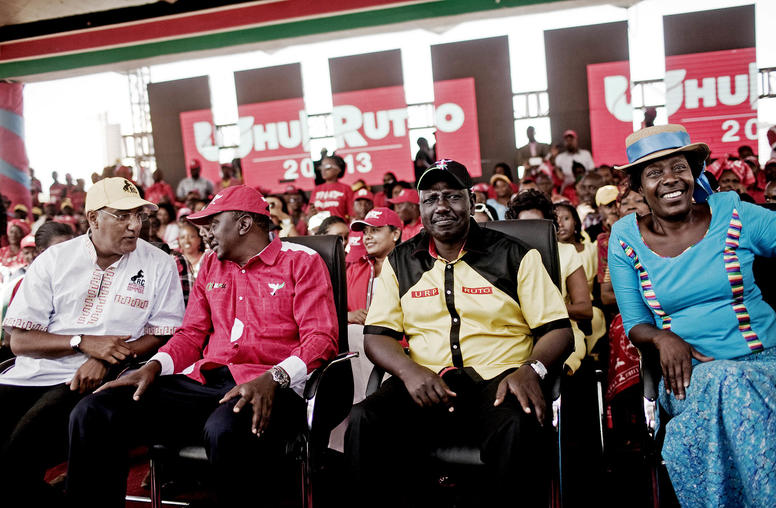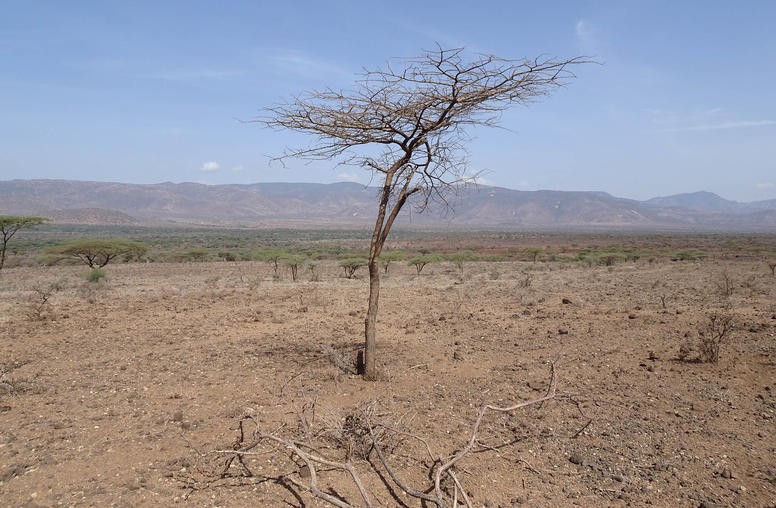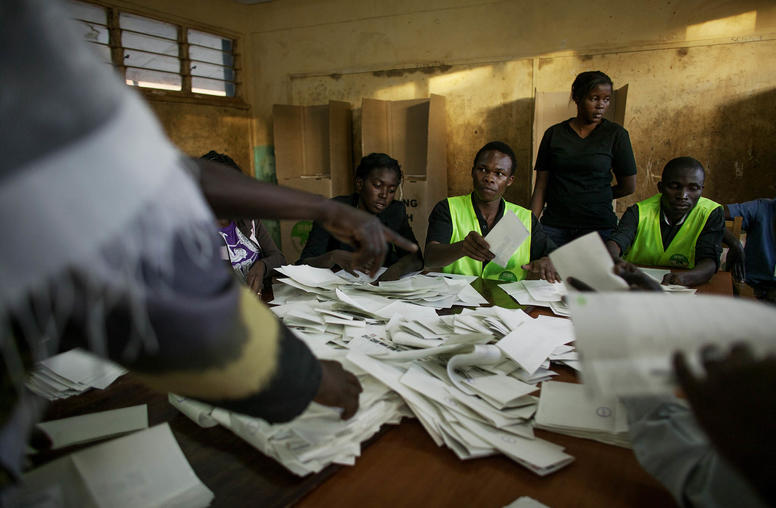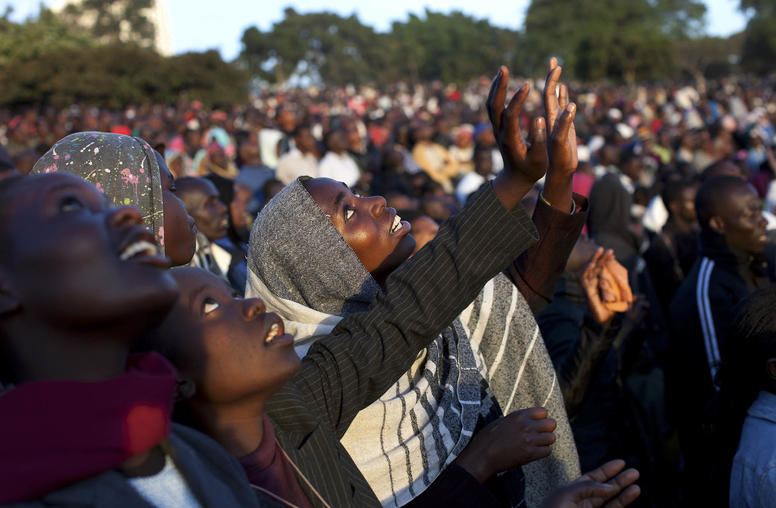A Nairobi audience of journalists, election officials, and civil society gathered to hear the results of field work conducted in 10 counties across Kenya. The study gauged popular attitudes about the factors that explained the absence of widespread violence during Kenya’s 2013 Presidential elections. Conventional wisdom among international observers indicated that these elections presented a ‘prevention success,’ since the widespread violence of the 2007-08 elections had not been repeated. But the research delivered a surprise.
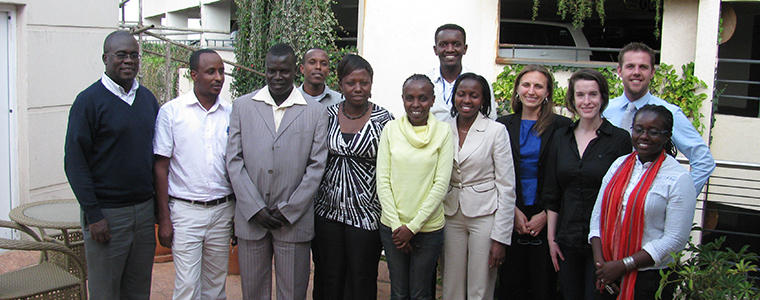
The analysis, laid out in the U.S. Institute of Peace report “Elections and Violent Conflict in Kenya: Making Prevention Stick,” revealed that ordinary Kenyans disagreed with the optimistic assessment that the 2013 Presidential elections had been peaceful. Instead, they described “palpable tension, fear and anxiety,” and reported localized violence across the country. There is a widespread expectation that violent conflict could erupt during the next elections, if not before.
We presented the results of the research on Oct. 23, on the final day of a USIP course on preventing electoral violence in Africa delivered by our colleagues, Debra Liang-Fenton and Linda Bishai, both senior program officers at the Institute. The 28 participants in the course included staff from local and international civil society organizations, U.S. and Swedish Foreign Service officers, universities, Tanzanian police, the United Nations and the Kenyan government. All had experience working on elections or in grassroots civic education. The course included discussion of the electoral cycle, scenario planning, securing elections and civic mobilization, and featured a number of African election case studies, since the challenges posed by election violence are not unique to the Kenya. The audience for the roll-out of the report was larger, including representatives from our Kenyan implementing partners, the Constitutional Reform and Education Consortium (CRECO) and the Interparty Youth Forum (IPYF). Almost a year and a half since the Kenyan elections, it is clear that the country still remains deeply divided despite the relative stability that had been achieved during the electoral cycle.
The long-standing grievances that fueled violence during the previous election have not been resolved, as citizen dialogues and interviews – conducted by USIP with local Kenyan partners – indicate. They were “merely suppressed” this time, mainly through the fear of police brutality, and the painful memory of 2007-08. Even now, the much-anticipated reforms of police and land rights and the decentralization of power, or devolution, that had been promised have failed to produce meaningful change.
The government’s commitment to international justice continues to dwindle, with the president and deputy president both facing charges at the International Criminal Court (ICC) for their role in what the tribunal considers crimes against humanity committed in 2007 and 2008.
In recent months, political polarization has been increasing again. President Uhuru Kenyatta’s decision to appear at the ICC on Oct. 8, the first appearance of a sitting head of state at the court, illustrated his plans to use the narrative of a “peaceful election” in 2013 to delegitimize the ICC charges and bolster the government’s image as a champion of peace and democracy.
Local participants in the citizen dialogues and research interviews said Kenya remains a “ticking time bomb.” Additional sources of risk stem from ethnic and religious profiling in overzealous shoot-to-kill counter-terrorism campaign and from county governments that are becoming embroiled in the same kinds of conflict that has plagued the national level.
The USIP report and the course on preventing electoral violence echo key points for local leaders and international officials, mainly the need to address underlying drivers of conflict, particularly the unrealized expectations of devolution – persistent land disputes, and uncertainty related to accountability and justice. Unless these structural dynamics are addressed, elections will remain a flashpoint for violence and tension.
